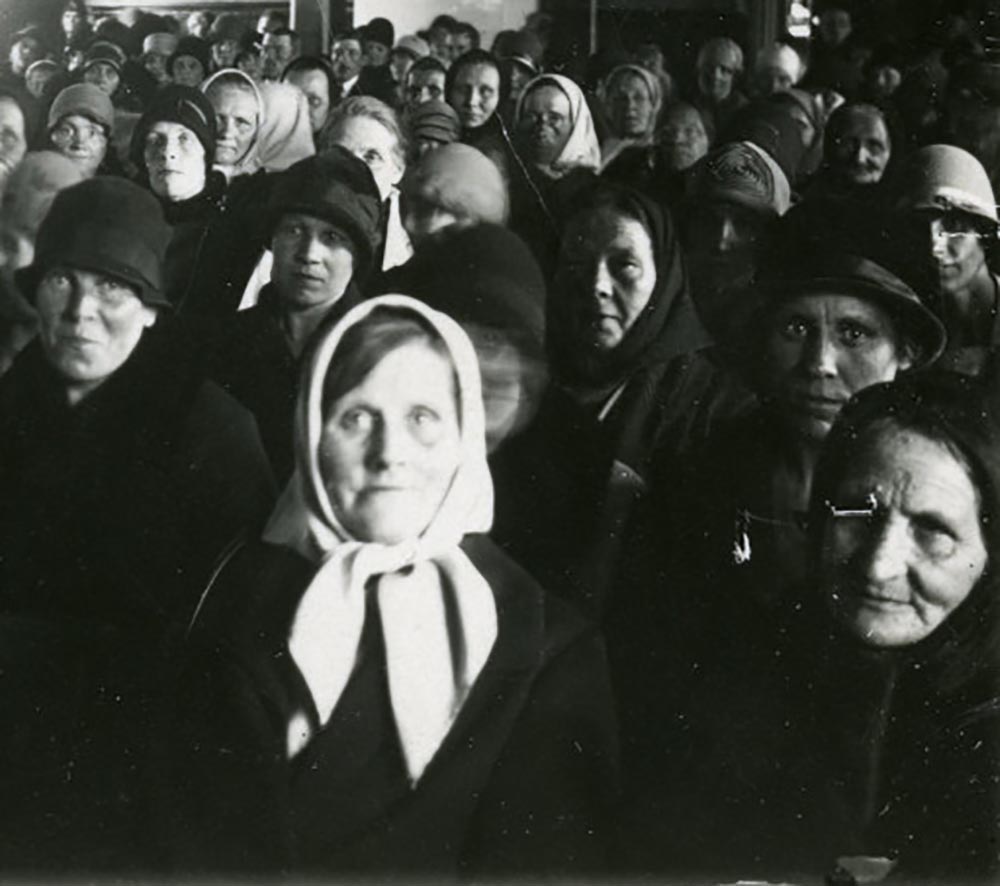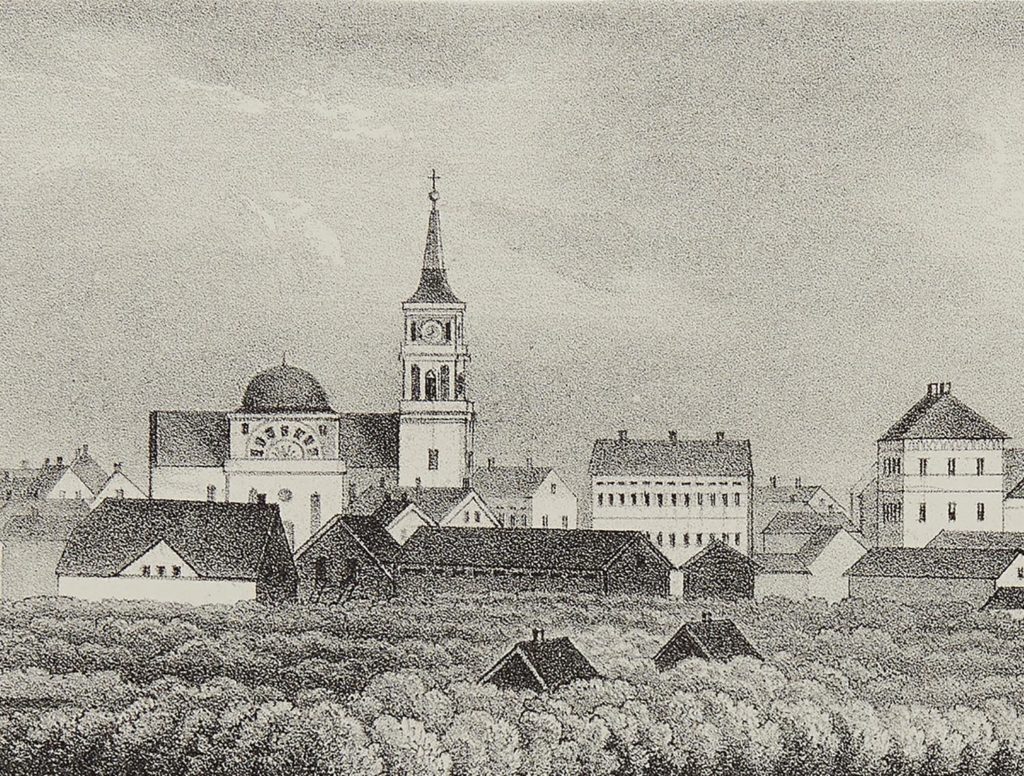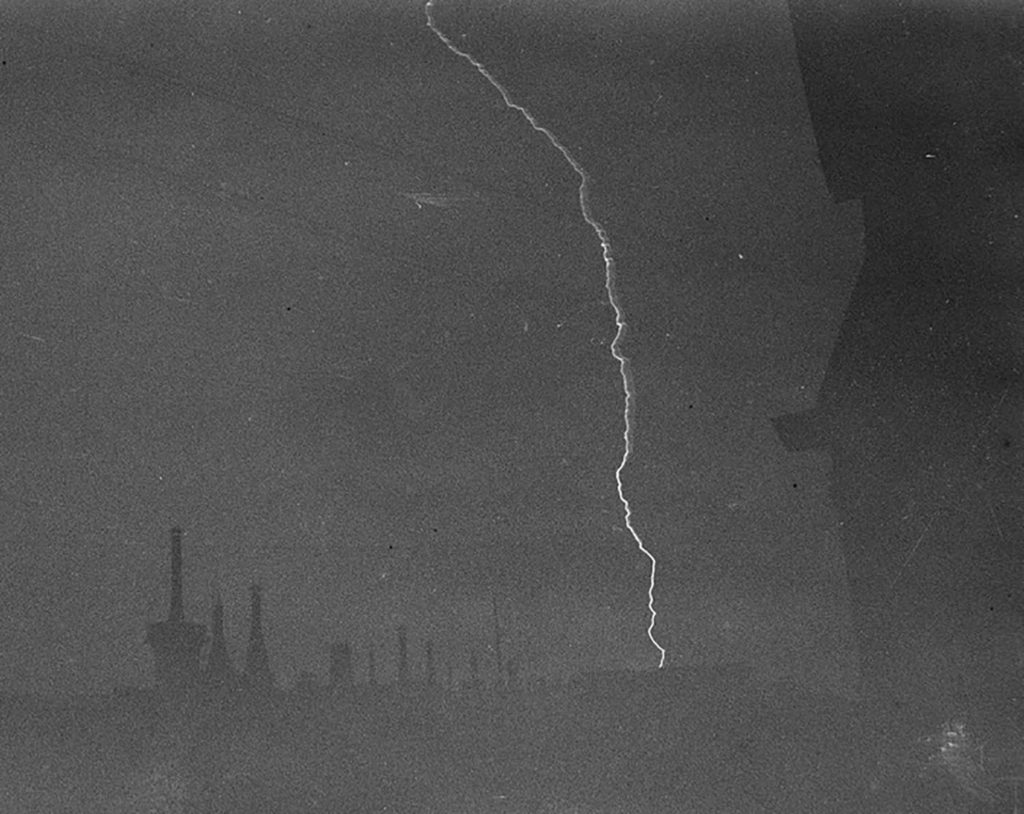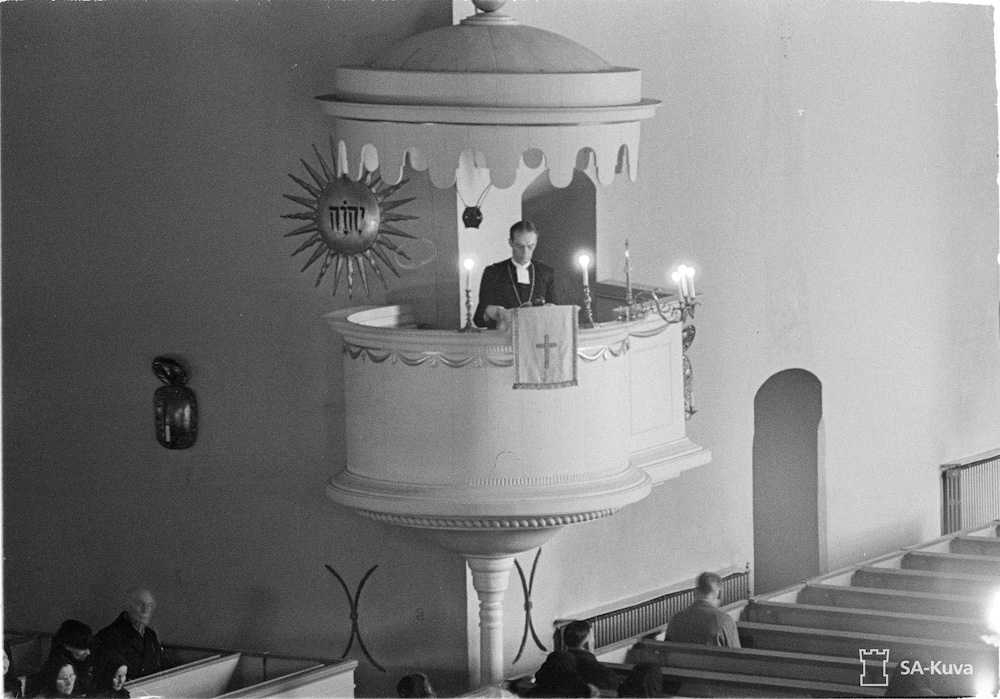
Life depends on the hair. How does a person act when a safety net fails? Where does he seek protection? What about explanations for surprising things? The story of the great thunderstorm in 1793. The story is from Sara Wacklin's book? Hundrade minnen från Österbotten? from 1844.
After an oppressive summer day, on the night before August 3rd in 1793, the air grew heavy and high, ominous thunderclouds gathered on the horizon. People hurried to rest earlier than usual, away from the threatening rough air. But even before the thunder was carried, lightnings were seen flashing from the four directions, so bright that they lit up the gloomy sky and the trembling earth as strongly as the gentle rays of the sun, but their luster echoed hideously. Terrible clouds of fire chased each other, with a moment of deep darkness in between. At the same time, from the rest of the threatening clouds, the lord of thunder raised his rumbling voice. Even the staunchest turned pale in the crossfire, followed in the blink of an eye by the explosive roar of thunder. Only little children could sleep the sweet sleep of their innocence in that terrible night, the memory of which terrorizes all who experienced it.
Jyly arrived, women, young and old, lamented, wept and begged for God's mercy. As their despair rose to the utmost, the sky became bright with fire and flames, and at the same time such an explosion was heard as if the whole earth had split. It was believed that the final judgment had arrived. After a terrible thunderclap, stones rained down on the whole city. Masses of stones fell through the roofs and into the furrows of the ground to a depth of several cubits. All the windows were broken. The church doors were thrown open, the chandeliers fell, the bells in the tower tinkled horribly, untouched by human hands. A howling storm wind blew from window openings and open doors that creaked on their hinges. Even from the organ pipes, the pressure of the wind pushed scary, plaintive notes.
Soon the screams and screams of a thousand half-naked people could be heard as they hurried to seek shelter in the church. Not knowing what had happened, not knowing the cause of their fear, they hoped to ease the pain of their hearts in the house of the Lord. It would have been moving to see and hear these half-naked, pale and shaken figures praying, devoutly, in the midst of the devastation prevailing in the sanctuary, in the dim reflection of the lightning, with the fading rumble of the solemn thunder slowly receding ever farther.
When the thunderstorm subsided and the sky cleared, perfect peace took over nature and human minds. Then the priest got into the pulpit. With moved devotion he praised the great works of God. He gave thanks for being saved from a danger he had just averted. Could there ever be such warm words of thanksgiving, from minds as gladdened, that ascended to the throne of the Most High, as from the hearts of those who during these hours were struggling in the agony of death.
Then they rushed to find out the cause of the disaster. It turned out that lightning had struck the powder cellar in the ruins of the old castle. From there, the explosion had thrown stones all around. There were so many in the crowd that 20 men couldn't even move them. However, not a single person was injured, not a single life was lost. Although one of the largest stones had fallen through the roof of the poor home, next to the child sleeping in the cradle, through the floor and into the ground, the child was not injured at all.
Translation translation; Sampsa Laurinen.

Svenska Kulturfonden has supported Sara Wacklin's ?Hundrade minnen från Österbotten? publication of stories.




